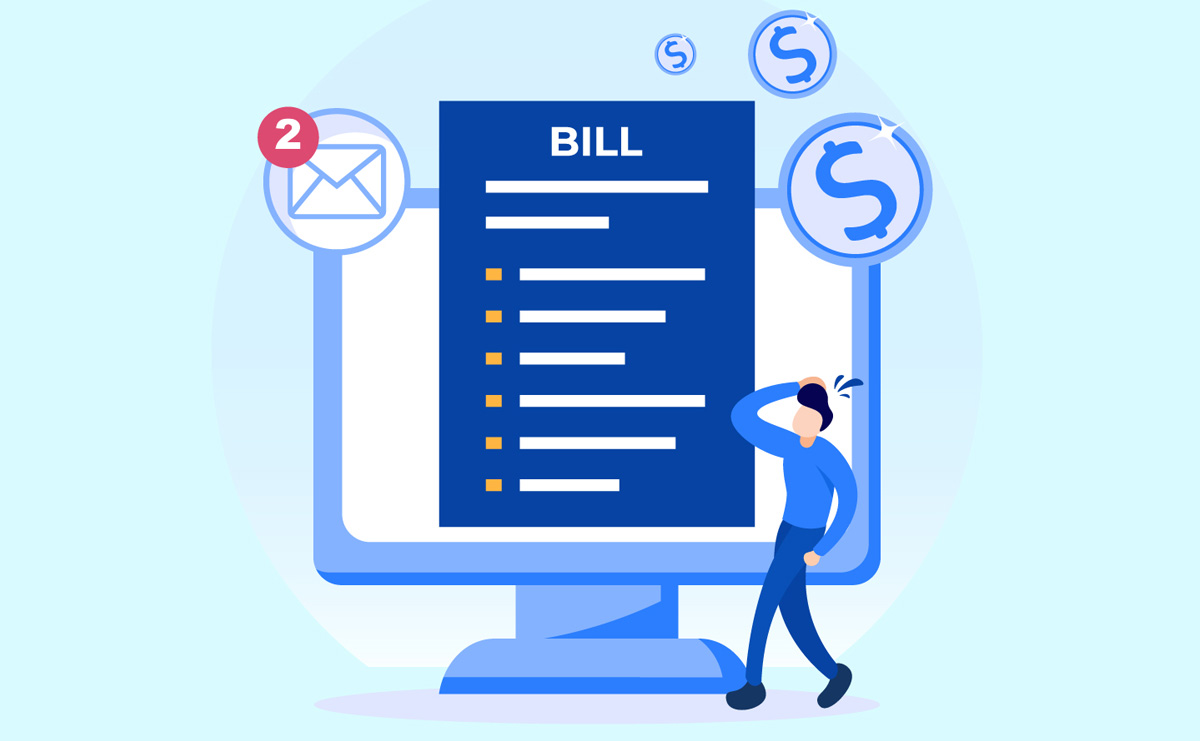Bankruptcy Judge
A bankruptcy judge is a judicial officer who presides over bankruptcy court proceedings. Bankruptcy judges are appointed to the federal bench and serve in the United States bankruptcy courts. Their primary responsibility is overseeing bankruptcy filing cases and ensuring the proceedings adhere to bankruptcy laws and regulations.
Here are some critical aspects of the role of a bankruptcy judge:
- Bankruptcy Cases: Bankruptcy judges handle cases filed under various chapters of the United States Bankruptcy Code. The most common chapters include Chapter 7 (liquidation), Chapter 11 (reorganization for businesses), and Chapter 13 (individual debt adjustment).
- Decision-Making: Bankruptcy judges make essential decisions in cases, such as approving or denying bankruptcy petitions, confirming or rejecting proposed reorganization plans, and resolving disputes between creditors and debtors.
- Legal Interpretation: They interpret and apply bankruptcy laws, rules, and precedents to the facts presented in each case. Their decisions are binding and significantly impact the outcome of the bankruptcy proceedings.
- Mediation: In some cases, bankruptcy judges may act as mediators to help parties reach agreements and settle disputes outside of court. This can be a more efficient and cost-effective way to resolve specific issues.
- Court Proceedings: Bankruptcy judges preside over hearings, trials, and other court proceedings related to bankruptcy cases. They ensure the proceedings are fair, transparent, and conducted by the law.
- Legal Research: Like other judges, bankruptcy judges engage in legal research to stay informed about relevant legal developments and precedents that may impact their decisions.
- Bankruptcy Code Compliance: Bankruptcy judges ensure that the parties involved in bankruptcy cases comply with the provisions of the Bankruptcy Code and other applicable laws.
It is important to note that bankruptcy judges are part of the federal judiciary and are appointed rather than elected. They play a crucial role in the bankruptcy process, helping to resolve financial difficulties for individuals and businesses while balancing the interests of creditors and debtors.



